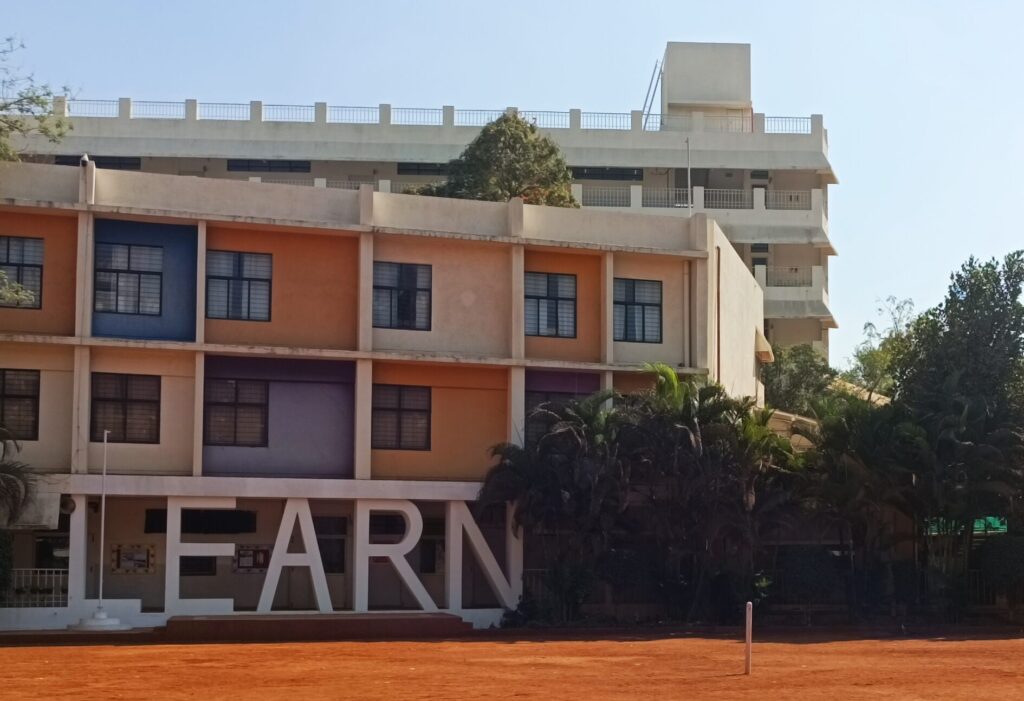
Enquiry for Admission

Admission Announcement :
We are pleased to announce that the admission process for the upcoming academic year 2026-27 will begin in the month of December 2025.
Important Dates:
(will be available on our website)
About The
School
MKSSS’s Vision English Medium School, Narhe, established in 2004 under the esteemed Maharshi Karve Stree Shikshan Samstha, stands as a beacon of excellence in holistic education. Founded on the visionary ideals of Bharat Ratna Maharshi Dhondo Keshav Karve, the school seamlessly integrates traditional values with contemporary educational practices to nurture well-rounded individuals. Since relocating to its expansive Narhe campus in 2011, the school has continued to flourish, driven by its commitment to the all-round development of every learner—physical, intellectual, emotional, social, and moral.
Vision School firmly believes that every child possesses boundless potential to learn. It is through the collaborative efforts of the school, parents, and society, that a community of confident, compassionate, and lifelong learners comes into being. Staying ahead in educational innovation, the school consistently upgrades its infrastructure, embraces modern pedagogies, and has taken a leading role in implementing the National Education Policy by equipping its educators and facilities to meet the dynamic demands of 21st-century learning.

Education Services
Kingster University was established by John Smith in 1920 for the public benefit and it is recognized.

International Hubs
Kingster University was established by John Smith in 1920 for the public benefit and it is recognized.

Bachelor’s and Master’s
Kingster University was established by John Smith in 1920 for the public benefit and it is recognized.

University Life
Kingster University was established by John Smith in 1920 for the public benefit and it is recognized.
Holistic Development
Value Based Learning
Metaphorically speaking, values are the firewall that deters a person from moving away from the path of honesty, transparency, resilience and dedication. Following this thought, Vision English Medium School intends to build a strong foothold in the area of good values and morals for its students, besides being at the forefront in the area of academics.
Abiding by the concept of Indian rootedness as prescribed by NEP 2020, the school actively celebrates all the Indian festivals with great pomp, while highlighting not only the traditions but also the scientific basis for each of the customs and festivals.
It is through this endeavour of ours that we engrave on the young minds of the future generation of this nation, the values of positive thinking, good thoughts, good health, maintenance of healthy relationships with family and friends, cooperation, collaboration, adjustment, empathy, mutual respect teamwork and above all, patriotism.
The school firmly believes in setting up a theme for each year which sets the tone for all the events which take place throughout the year. The USP of the school lies in the celebration of theme based Ganeshotsav where the teachers and students work in collaboration to decorate the ‘Makhar’ based on the theme, thus moving a step closer towards adorning spirituality through service.
Skill Based Learning
It is said that a 21st century school is one that achieves all round development of the mind, body and soul, through the amalgamation of academics, Indian culture and activities. It imbibe life skills amongst the students while thoroughly abiding by NEP 2020. Vision English Medium Schol is one which has been moving steadfastly towards this goal.
While catering to the academic enhancements of the students, Vision English Medium School looks at diverting the young minds towards gaining a glimpse into the wide range of vocational possibilities which are waiting for them with open arms in the near future. A thoughtful and constructive step towards this is the ‘Enhanced Learning Programme meant for the students of standard 3 to 10, which works towards the development of competitive spirit, creativity and love for the Indian culture alike.
The school provides basic exposure to the students to creative activities such as soap making, gardening, embroidery, baking, terracotta and short film making, which could prove to be a window to the outside world and encourage the students to develop wider imagination and observation skills.
Activities such as lezim, martial arts and nature walks cuddle the students’ love for the age-old Indian sports, nature and fitness while ensuring that the students’ energies are utilized in a constructive manner.
It is this approach of the school which intends to provide maximum exposure to the students and provide them with opportunities to ensure mindfulness and development of hobbies for a better future.
Activity Based Learning
If we look back at life, we realize that the most memorable lessons are the ones which made us feel happy and the ones that did make us feel happy were the ones where we got hands-on experience.
Activity based learning is a modern-day approach which abides by the sheer idea of incorporating joy in the process of learning. This approach moves across the vertical and horizontal spheres of education, while adopting ways and means which are in sink with the children’s age groups and developmental needs.
At Vision English Medium School, we intend to give an array of experiences to the students through play at an early stage and through more structured means during the later stages of education.
At the Foundation stage, we perfectly understand the mindset of the students which says, “I hear and I forget; I see and I remember; I do and I understand. Here, the school lays great emphasis on helping the students learn the basic literacy skills and numeracy skills while ensuring all-round development in terms of fine-motor skills, gross motor skills, brain development and language skills.
OUR HOUSES
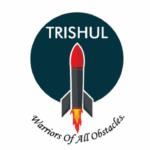
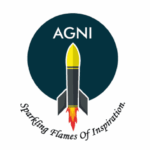
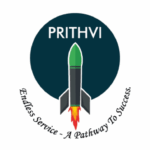
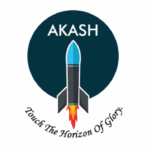
Upcoming Events
Latest Events
- Independence Day
- Oath Taking Ceremony
- Shikshakvivek Kavyanjali
- Glimpses of Deepotsav 2025
- Rangotsav 2025-26





